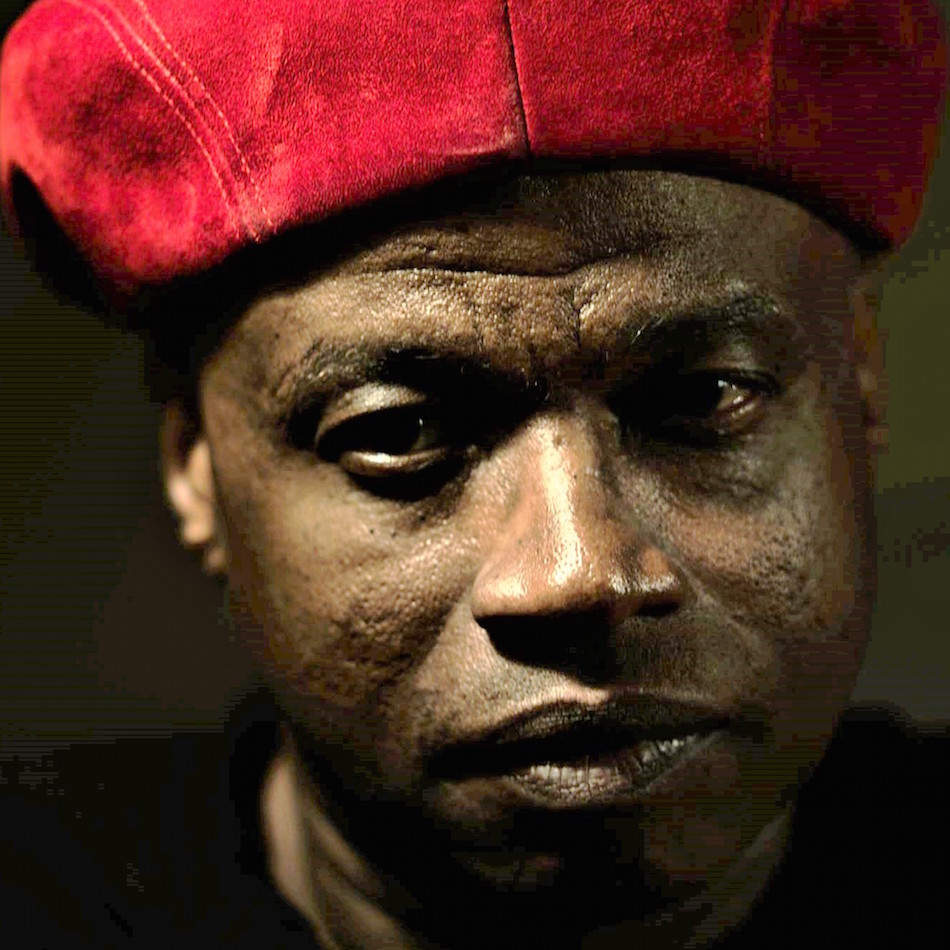“At times, I do believe the idea of writer’s block to be a mythological nuisance, because for me a good book will unblock any block I have if it is able to inspire thought and dialogue between myself and the author, or the larger world. Yet, I do admit, there are times when I need more of a muse, and so during these times, I usually visit my garden in the backyard to become an observer, a listener, and a caretaker for the sake of my [self]. My garden is a muse of creativity. Walking down the red pavers filled with white marble chips, I am able to bask in the continuing growth of basil, tomatoes, peppers—all blossoming into a life form. The red cardinals and rustic finches sing praises over the green landscape in a way that offers eternal hope. And when I get down on bended knees to pull the weeds and prune the plant leaves, I feel a connection to humanity. There is something about digging hands into the dirt from which we all came and will return again. The garden becomes utopia, my own republic of humanism, and I immerse my memory into a world I would like to envision. Through this absorption of nature and all that lives in my memory, there is language—a language I will use creatively from a position of the possible. This kind of meditation allows me to think of ways to be proactive instead of reactive in my writing. I do not want to react to situations. In my writing I want to write about a future we can’t even predict yet. In the garden, in my republic, I am given a starting point from which to begin a new future.”
—Randall Horton, author of {#289-128} (University Press of Kentucky, 2020)
Go to Source
Author: jkashiwabara

